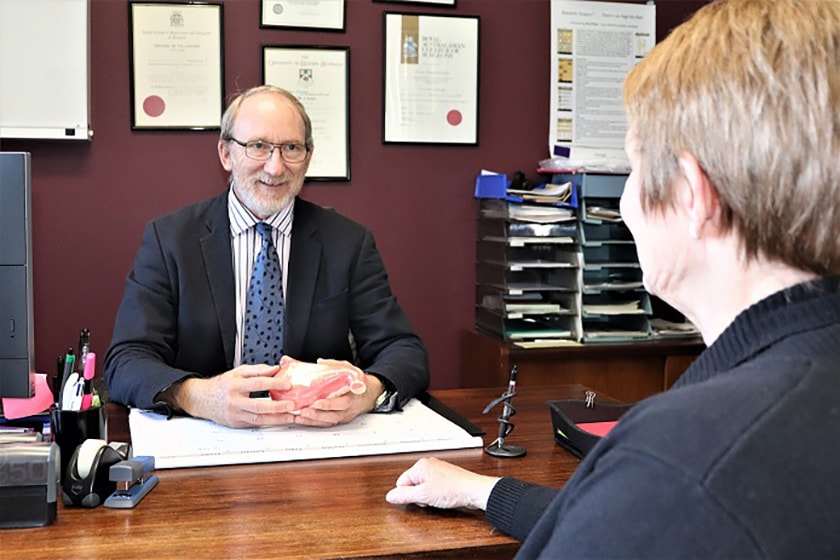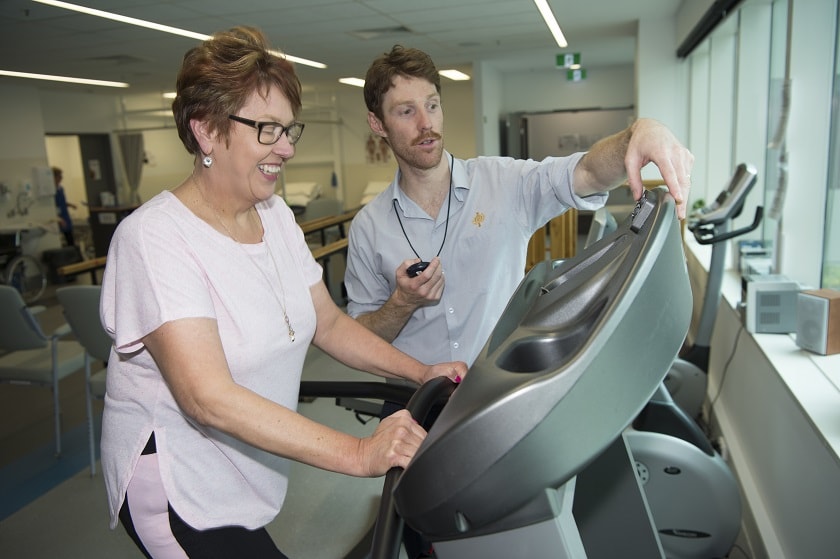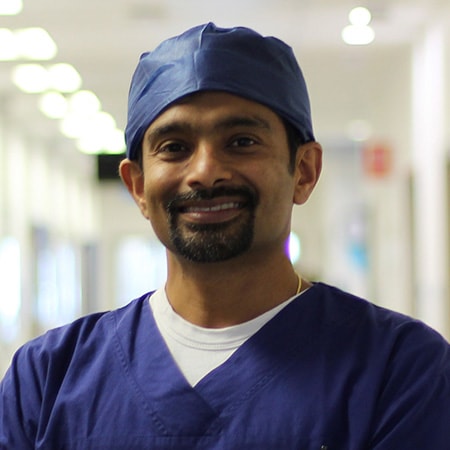What to expect
After sleeve gastrectomy, patients typically reach their peak weight loss around two years following bariatric surgery1.At this point, weight generally stabilises for a few years and then a small amount of their lost weight (15 – 25%) may be regained. There are several reasons why this can occur.
Weight regain – why does it happen?
There are four factors that can lead to weight regain:
- physiology – hormones, gut health and body composition
- behaviour – physical activity and diet
- psychology – drivers behind food and exercise choices
- anatomy – surgical procedure
Every person is unique and we each have a specific genetic and physiological composition. These are outside of our control.
However, we can control our eating and exercise habits.
Common threads seen in patients who regain a lot of weight are excess alcohol intake, snacking and grazing, falling pregnant, needing to take antidepressants and too many daily milky coffees.
Psychological support and nutrition education play a vital role in supporting wellbeing and maintaining healthy behaviours.
It is not unusual to need ongoing support for many years following surgery.
How to minimise weight regain
Be mindful of your food and beverage intake:
- avoid snacking on high calorie carbohydrates
- limit consumption of alcohol and sugary drinks
Commit to regular exercise and don’t be afraid to ask for help.
If you notice weight gain
If you notice weight regain, or feel that you need extra support, the best thing you can do is to contact your specialist. They will be able to conduct an assessment and provide tailored support based on your needs.We have a dedicated program called “Back on Track” which seeks to identify and offer alternatives for sabotaging behaviour.
New drugs are available to suppress appetite.
Finally, in appropriate settings, alternative bariatric surgery would be offered.
Learn more about bariatric surgery.







